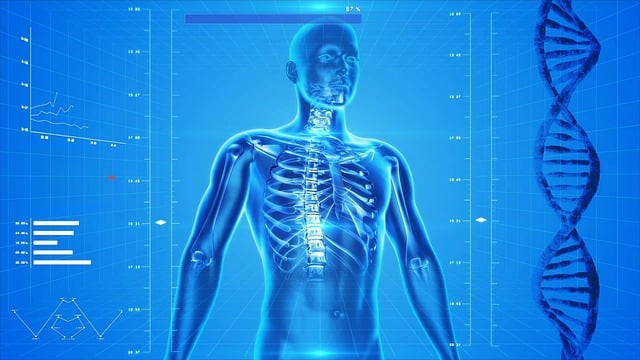Artificial intelligence (AI) is revolutionizing the healthcare industry, transforming the way healthcare is delivered, diagnosed, and managed. With its ability to analyze vast amounts of data, detect patterns, and make intelligent predictions, AI has the potential to improve patient outcomes, enhance operational efficiency, and drive innovation. We will explore the significant role of artificial intelligence in the transformation of healthcare.
Enhanced Diagnostics and Early Detection
AI-powered diagnostic systems can analyze medical images, such as X-rays, MRIs, and CT scans, with remarkable accuracy. Machine learning algorithms can learn from vast datasets of labeled images to detect abnormalities and assist healthcare professionals in making more accurate diagnoses. AI algorithms can also analyze patient data, including medical history and symptoms, to aid in early disease detection and provide timely interventions.
Precision Medicine and Personalized Treatment
Artificial intelligence enables precision medicine by analyzing large-scale genomic data to identify patterns and genetic markers associated with diseases. This allows healthcare providers to personalize treatment plans based on a patient’s unique genetic makeup, leading to more effective and targeted therapies. AI algorithms can also assist in predicting patient responses to specific treatments, optimizing medication dosage, and reducing adverse drug reactions.
Remote Patient Monitoring and Telehealth
AI-powered remote patient monitoring systems enable continuous monitoring of patients outside of traditional healthcare settings. Devices equipped with sensors and machine learning algorithms can collect and analyze data such as vital signs, activity levels, and sleep patterns. This real-time information can help healthcare professionals detect early warning signs, monitor chronic conditions, and provide timely interventions. Telehealth platforms that utilize AI technologies enable virtual consultations, improving access to healthcare and reducing the need for in-person visits.
Streamlined Healthcare Operations
Artificial intelligence plays a vital role in streamlining healthcare operations and administrative tasks. Natural language processing (NLP) algorithms can automate documentation, data entry, and medical coding, reducing administrative burdens on healthcare professionals. AI-powered chatbots and virtual assistants can assist with appointment scheduling, patient inquiries, and triage, improving patient experiences and optimizing staff workflows.
Drug Discovery and Clinical Research
AI is transforming the process of drug discovery and development by analyzing vast amounts of biomedical data and accelerating the identification of potential drug candidates. Machine learning algorithms can analyze existing drug databases, genetic information, and scientific literature to identify promising targets for drug development. AI can also facilitate clinical research by assisting in patient recruitment, identifying suitable candidates for clinical trials, and analyzing trial data for faster and more accurate insights.
Ethical Considerations and Data Privacy
As AI becomes more prevalent in healthcare, ethical considerations and data privacy are of utmost importance. Ensuring the responsible and ethical use of AI in healthcare requires transparent algorithms, robust data governance frameworks, and adherence to patient privacy regulations. It is essential to strike a balance between leveraging AI’s potential while upholding patient rights and ensuring the security and confidentiality of sensitive healthcare data.
Artificial intelligence is transforming healthcare by improving diagnostics, enabling precision medicine, enhancing patient monitoring, streamlining operations, and advancing drug discovery. With AI’s ability to analyze vast amounts of data, healthcare professionals can make more accurate diagnoses, provide personalized treatments, and improve patient outcomes. As AI continues to evolve, it is crucial to address ethical considerations and data privacy to harness the full potential of this transformative technology. The integration of artificial intelligence in healthcare is paving the way for a future of more accessible, efficient, and patient-centric healthcare systems.
Book Scott Today
Book Scott to keynote at your next event!
Managing Partner at Astor Perkins, TEDx, Top Global Innovation Keynote Speaker, Forbes, Singularity University, SXSW, IBM Futurist, Tribeca Disruptor Foundation Fellow, National Sloan Fellow, Wiley Author, TechCrunch, Winner of Innovation Awards.


















